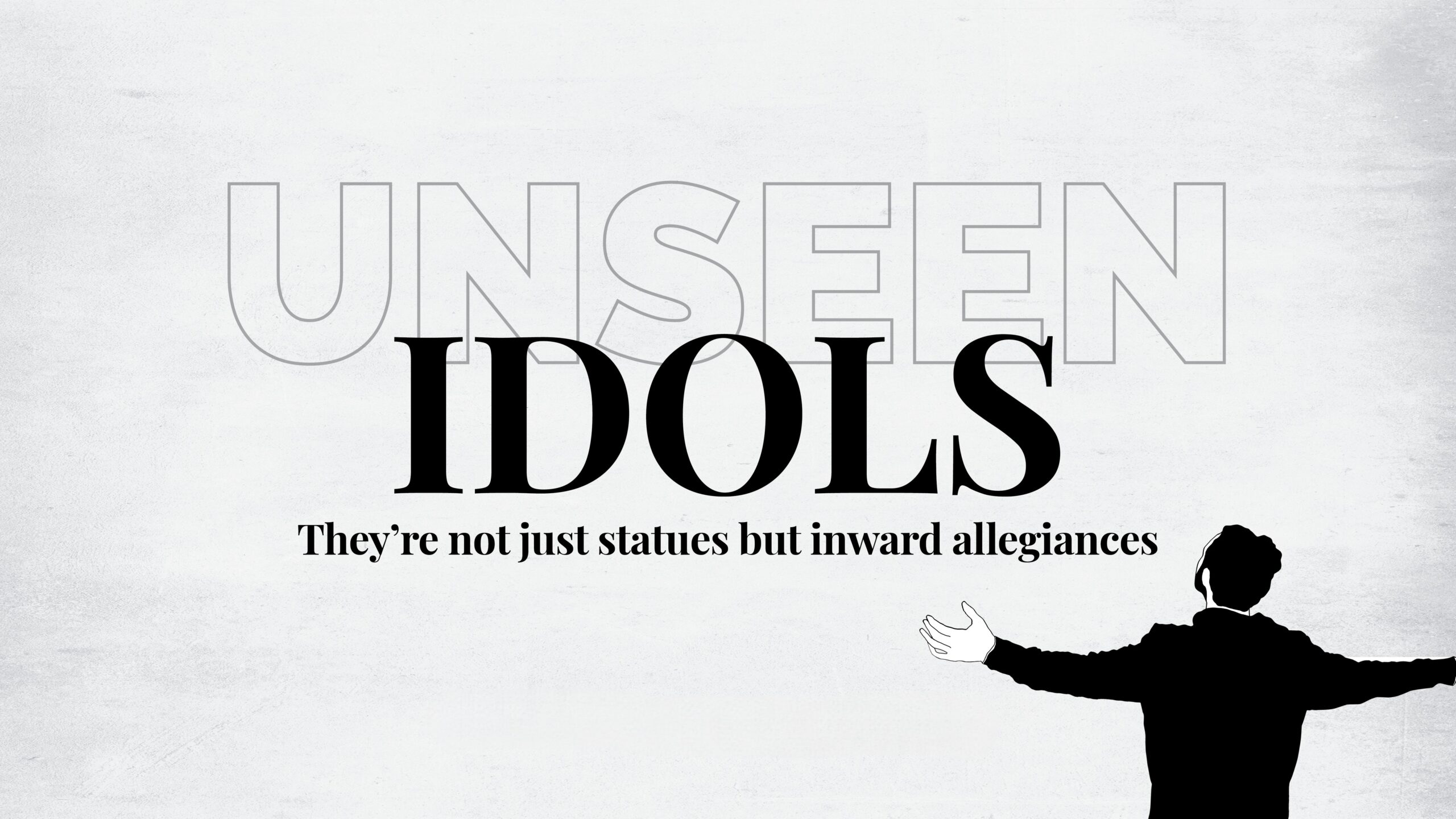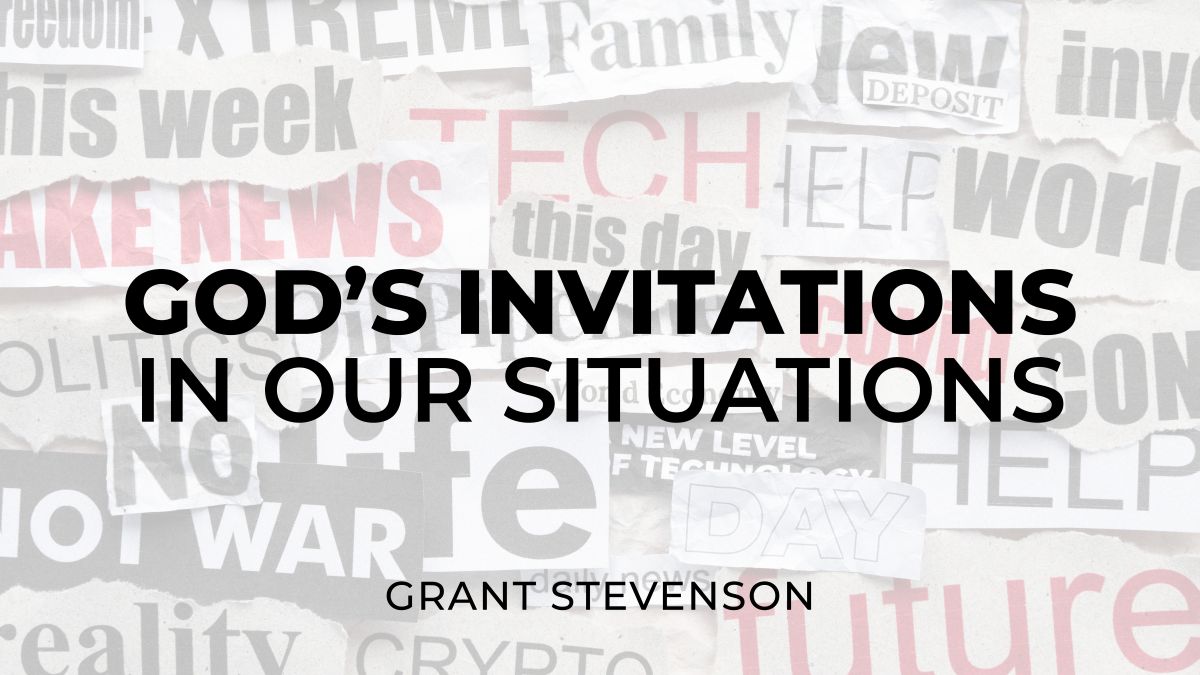When we think of idolatry, images of ancient statues may come to mind. However, modern idolatry is often far more subtle, taking the form of internal allegiances and priorities that quietly take God’s place in our hearts. The Apostle Paul directly addressed, warning believers against the hidden idols that corrupt devotion from the inside out.
So put to death and deprive of power the evil longings of your earthly body [with its sensual, self-centred instincts] immorality, impurity, sinful passion, evil desire, and greed, which is [a kind of] idolatry [because it replaces your devotion to God].
Colossians 3:5 (AMP)
Defining the Idol: Consumerism in Faith
To dismantle an idol, we must first correctly identify it. The idol of consumerism is particularly deceptive because it cloaks itself in the language of blessing and personal fulfillment. It is a mindset that can transform faith from a relationship of devotion into a transaction for personal benefit.
Theologian Tim Keller provides a clear and challenging definition of an idol that helps us see the danger:
“Anything more important to you than God, anything that absorbs your heart and imagination more than God, and anything that you seek to give you what only God can give.”
Tim Keller
This mindset finds its roots in a worldly principle. At its core, consumerism is the theory that individuals who consume goods and services in large quantities will be better off. When this theory seeps into our faith, it redefines God’s role in our lives from Lord to provider of spiritual goods and services. As author Carey Nieuwhof observes:
“Through consumer Christianity, the value of God in our lives becomes predicated on how well He fulfils our needs – whether that’s a better marriage, our emotional well-being, a meaningful life, or an enthralling worship experience.”
Carey Nieuwhof
Jesus did not invite followers to a life of self-fulfillment but to a life of self-denial for a greater purpose.
“Whoever wants to be my disciple must deny themselves and take up their cross daily and follow me. For whoever wants to save their life will lose it, but whoever loses their life for me will save it.”
Luke 9:23–24 (NIV)
From “For Me” to “Through Me”
Defeating the idol of consumerism requires an intentional renewal of the mind. It is a conscious decision to reject a self-serving framework and adopt the selfless posture of Christ. We need to change the questions we ask in our faith journey.
- From Getting to Giving A consumer mindset asks: What can I get? A Christ-like mindset asks: What can I give?
- From Convenience to Obedience The consumer asks: Is what is required convenient for me? The Christ-like asks: Is this what obedience to God requires from me?
- From Blessing Me to Blessing God The consumer asks: How can my faith release God’s blessings for my life? The Christ-like asks: How can my faith bless God through my life?
We are chosen not to be passive recipients, but active participants in God’s redemptive work. This perspective changes everything, even the effectiveness of our prayers.
Reflect:
Take a moment to honestly consider your own heart and motivations in light of this message. Allow these questions to guide you into a time of personal introspection and prayer.
- When I pray, are my requests focused more on what God can do for me or what He can do through me?
- In what area of my life am I valuing my own comfort and convenience over what God requires of me?
- Does my involvement in my faith community depend on how my needs are being met, or on how I can serve the needs of others?
- Reflecting on Rick Warren’s question, “Is what you’re living for worth Christ dying for?”, what personal ambitions or desires might I need to surrender?
- What is one practical step I can take this week to shift my mindset from “getting” to “giving” in my relationship with God and others?
Closing Prayer:
We close with a prayer adapted from David’s own vulnerable plea in the Psalms, inviting God to search our hearts and expose any allegiance that competes with our devotion to Him.
Search me, O God, and know my heart; test me and know my anxious thoughts. Point out anything in me that offends you—especially the unseen idol of consumerism—and lead me along the path of everlasting life. Amen.
Watch the sermon on Youtube.




